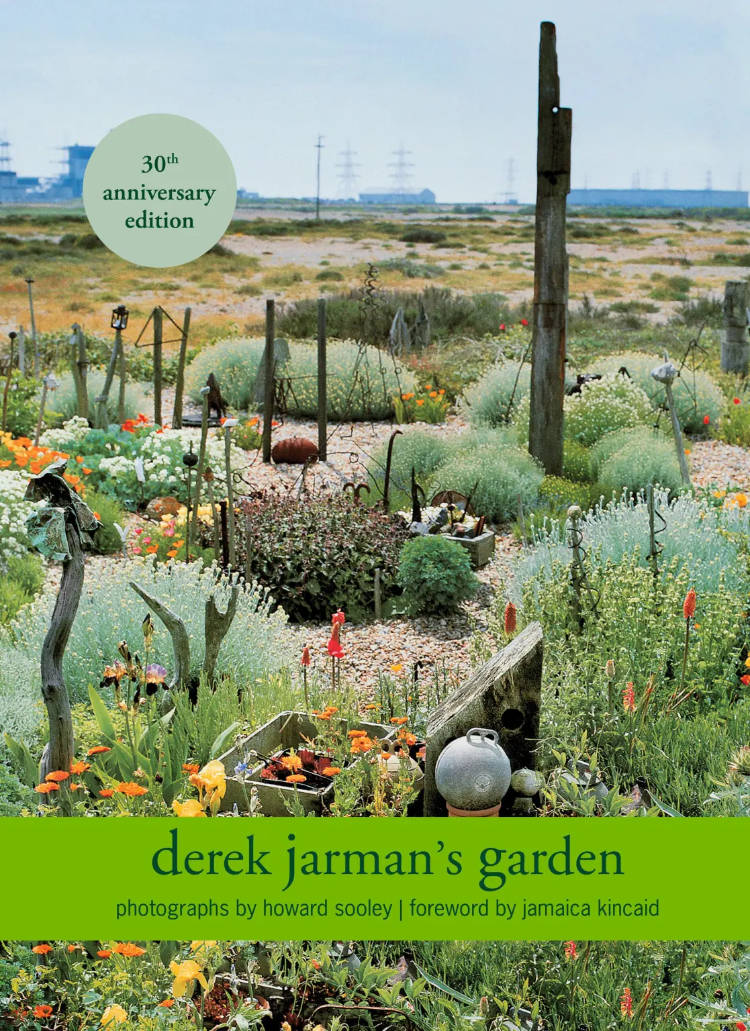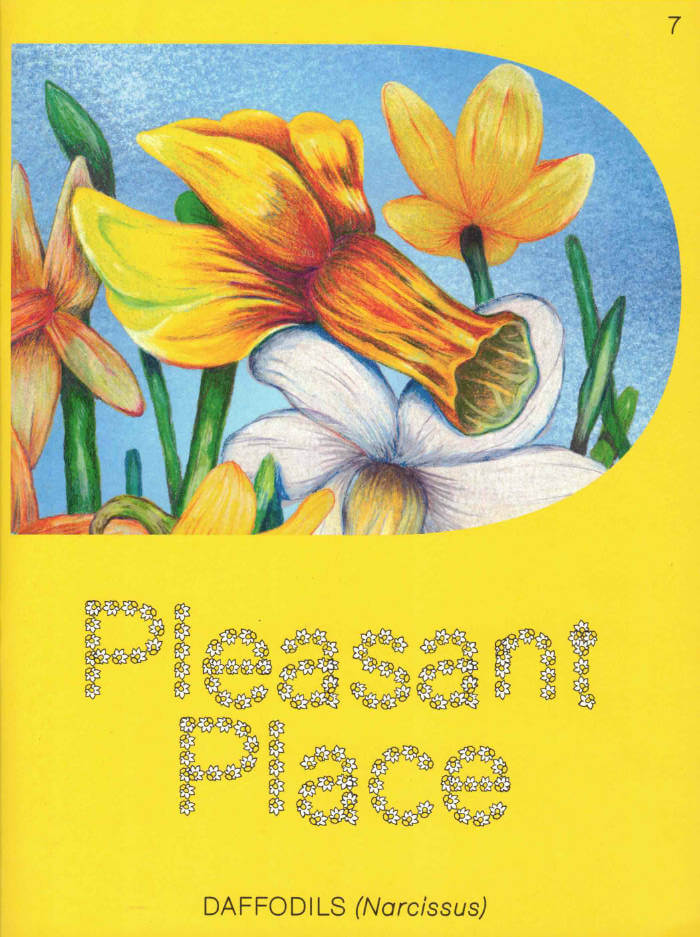
Magical Realism. Imagining Natural Dis/order
Sofia Dati ed.
Exhibition catalogue published on the occasion of the exhibition Magical Realism: Imagining Natural Dis/order at WIELS, Brussels presented from 29 May to 28 September 2025.
How do we imagine life in a world facing global upheaval and ecological challenges?
This book, as well as the exhibition it accompanies, is an invitation to move away from systems driven by endless growth and resource extraction, encouraging renewed ways of conceiving of the ‘natural’ world. When the world of science and hard facts has been separated from the world of magic and intuition, how do we bridge this divide, what are the after-effects and how do we repair? Magical Realism examines how the porosity between ‘magic’ and ‘reality’
may open up spaces for other horizons to emerge in response to proliferating monocultures, precarious lives and climate change. At the confluence of analysis and speculation, the authors and the artists brought together in this book explore paths towards restoring connections in a biosphere exhausted by exploitation, dispossession and debt.
Texts by Karen Barad, Federico Campagna & Febe Lamiroy, Chris Cyrille-Isaac, Sofia Dati, Vinciane Despret & Letícia Renault, Zayaan Khan, Shayma Nader, Susan Schuppli, Dirk Snauwaert.




